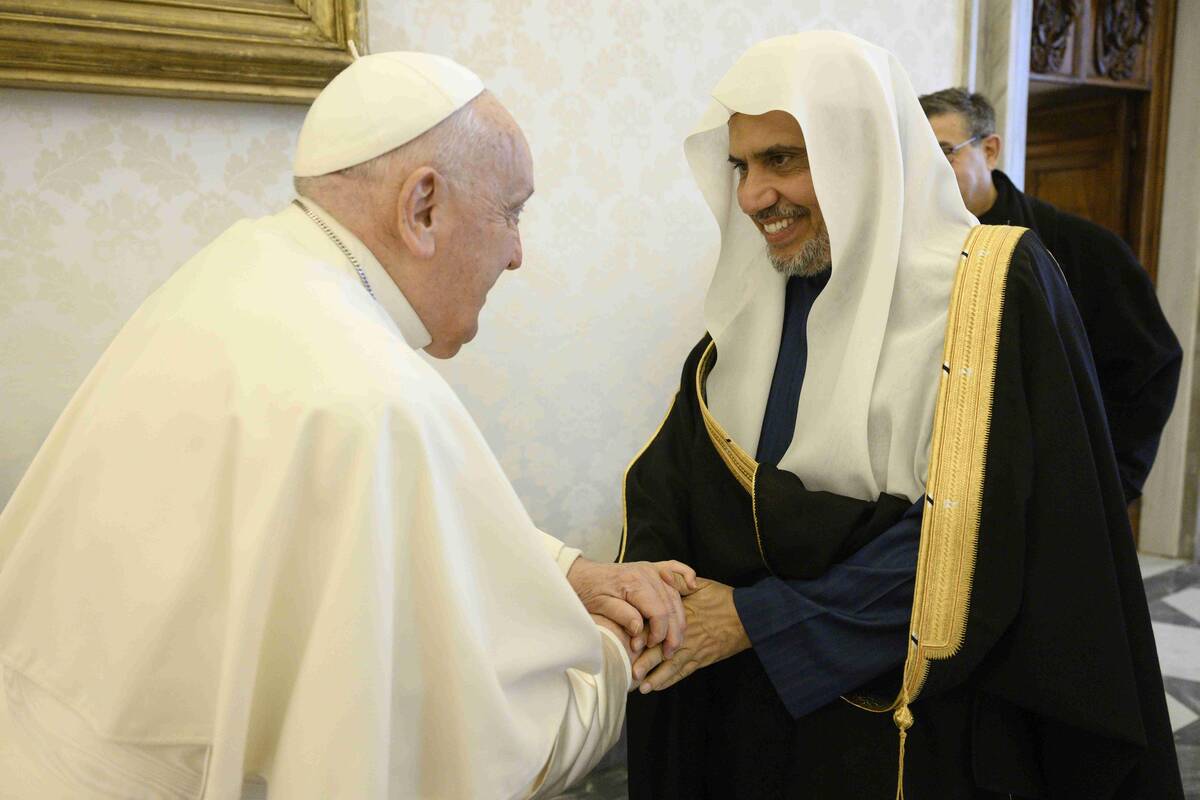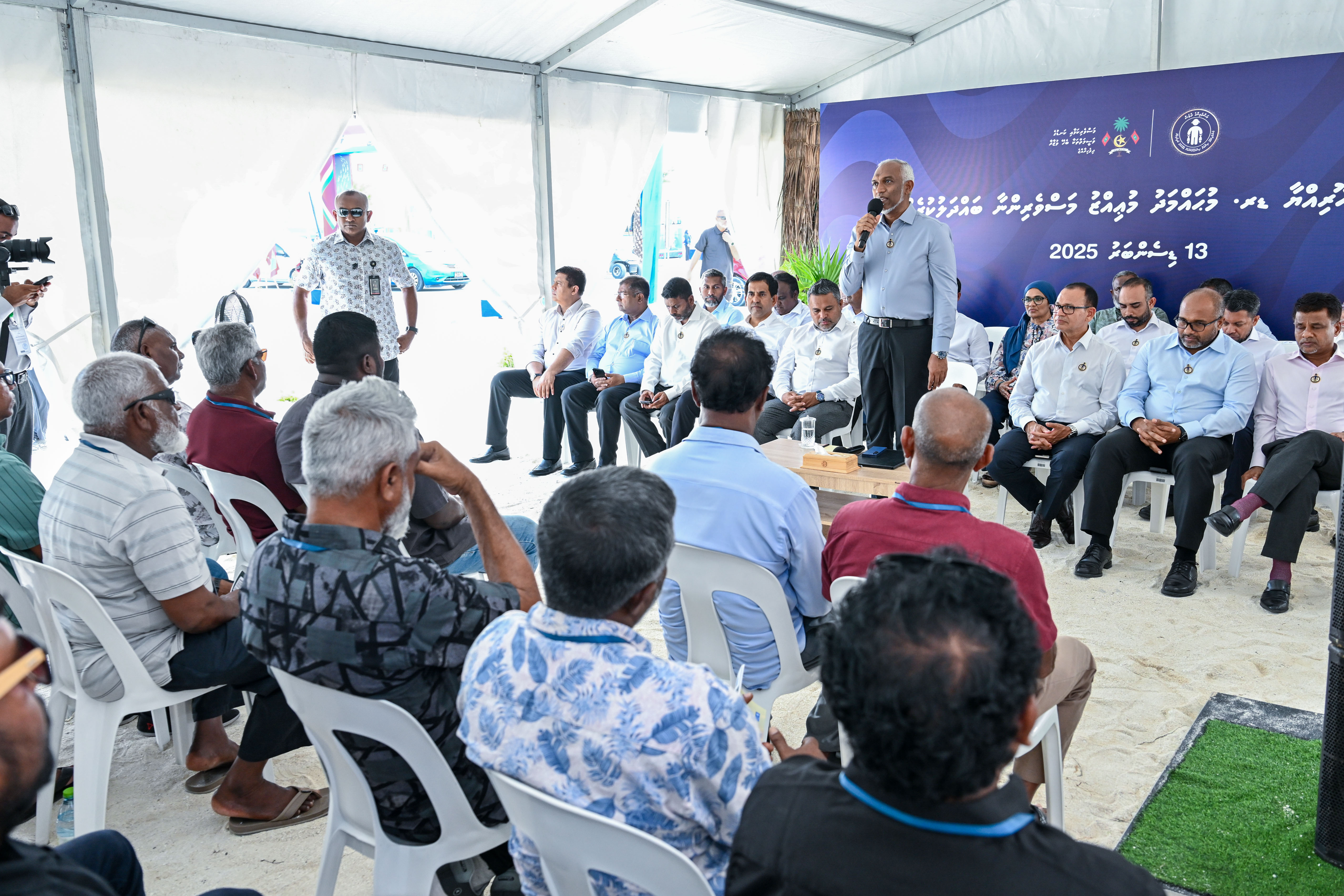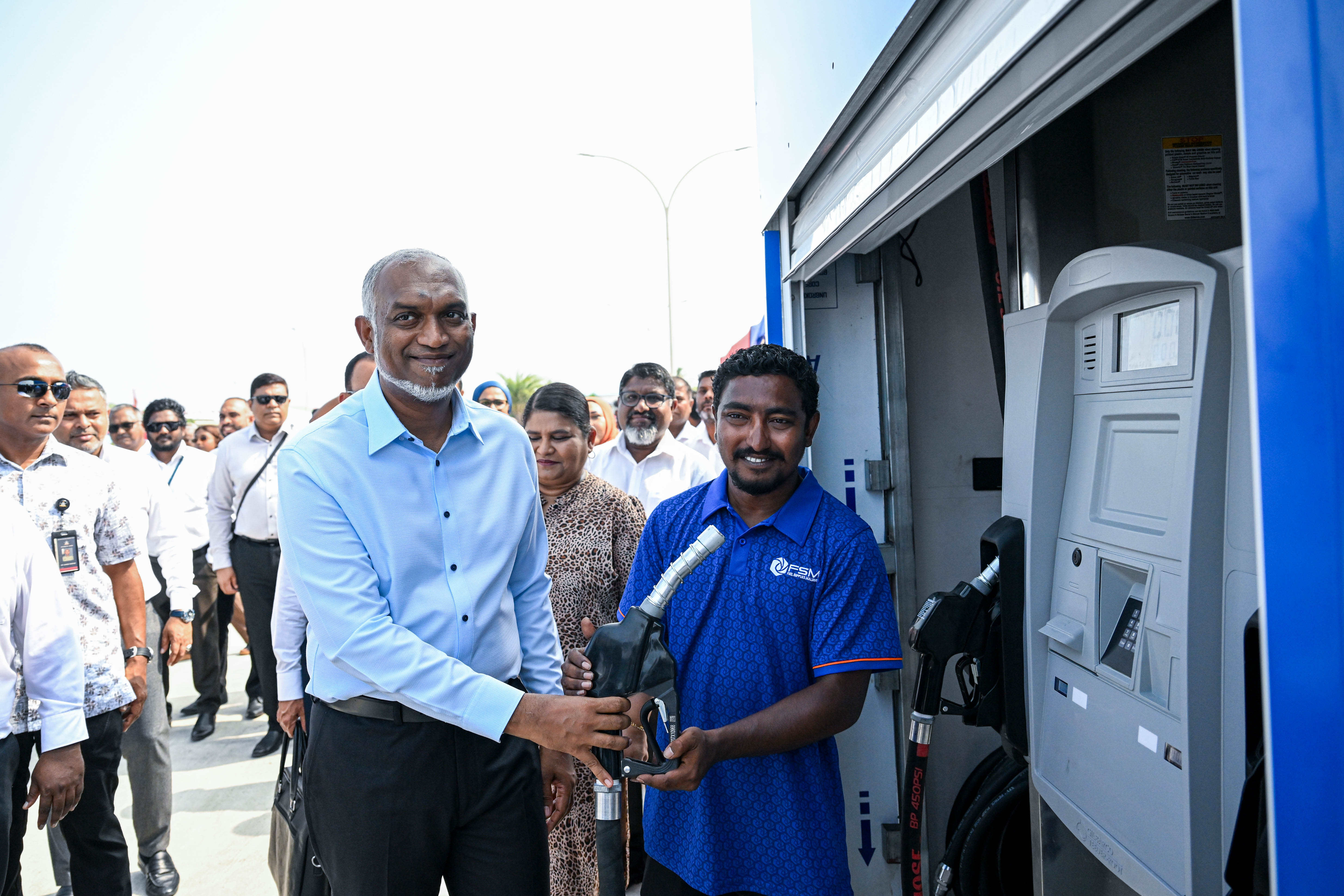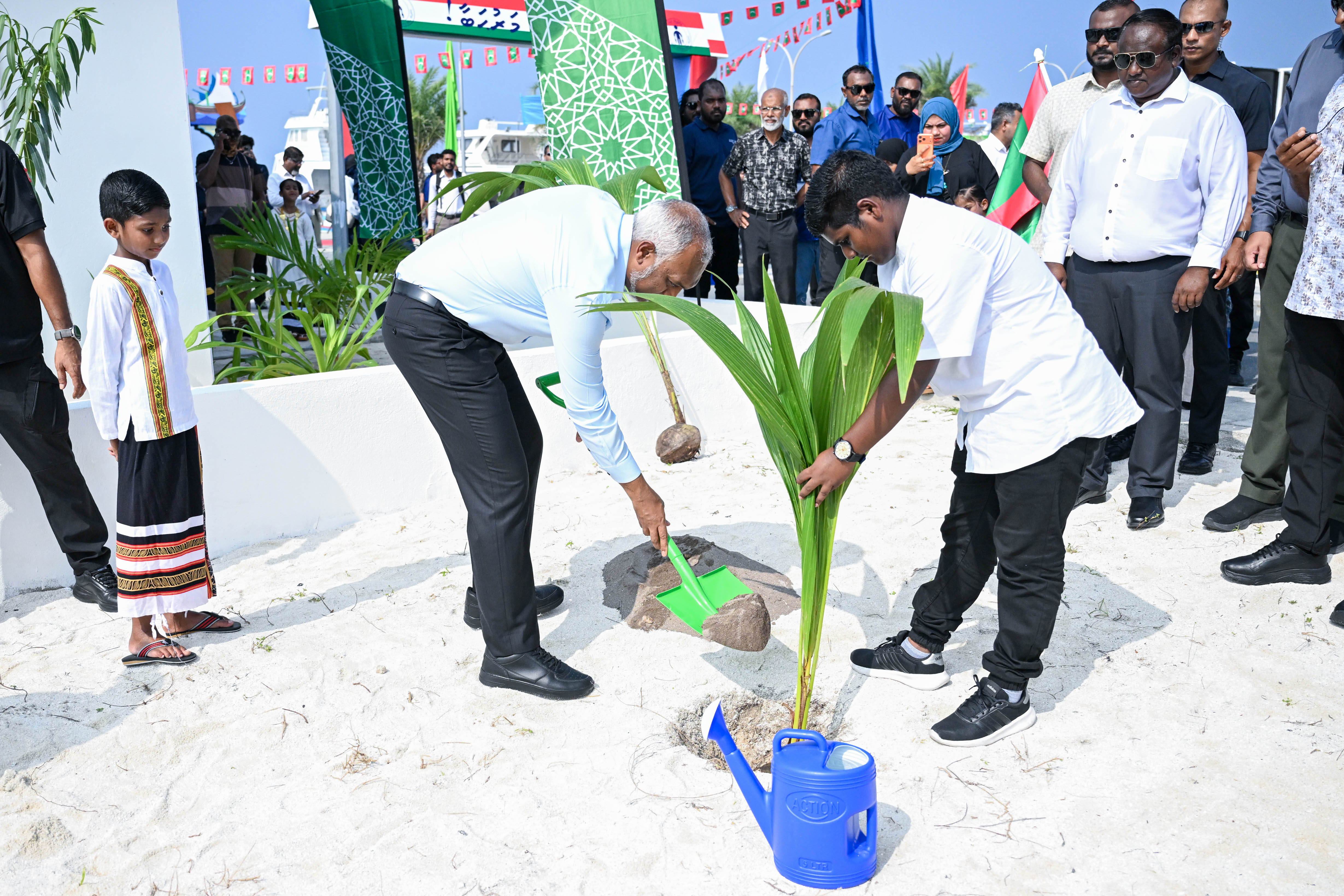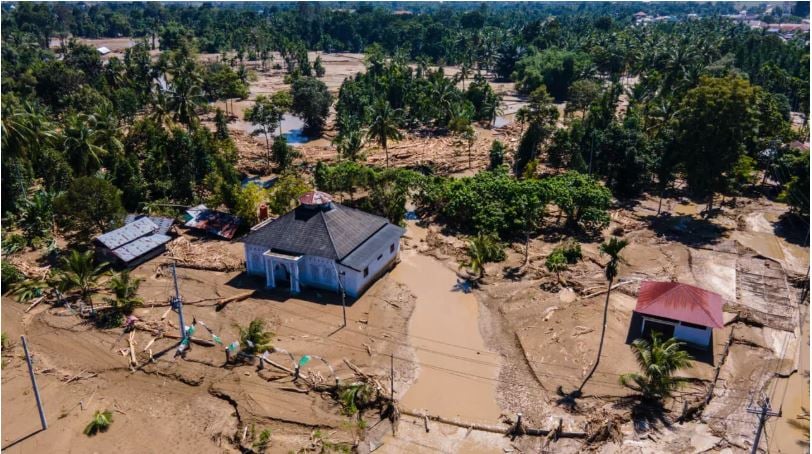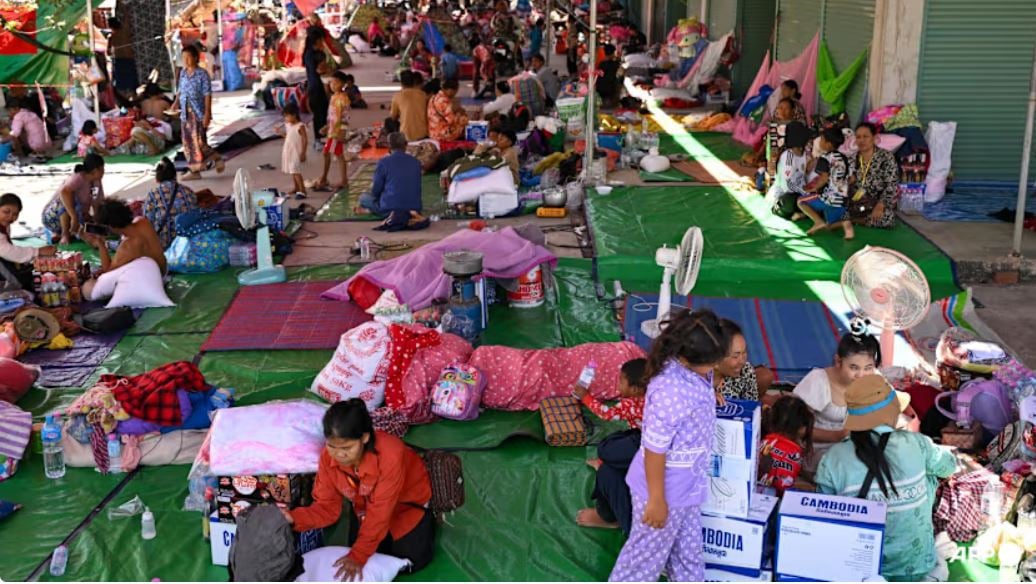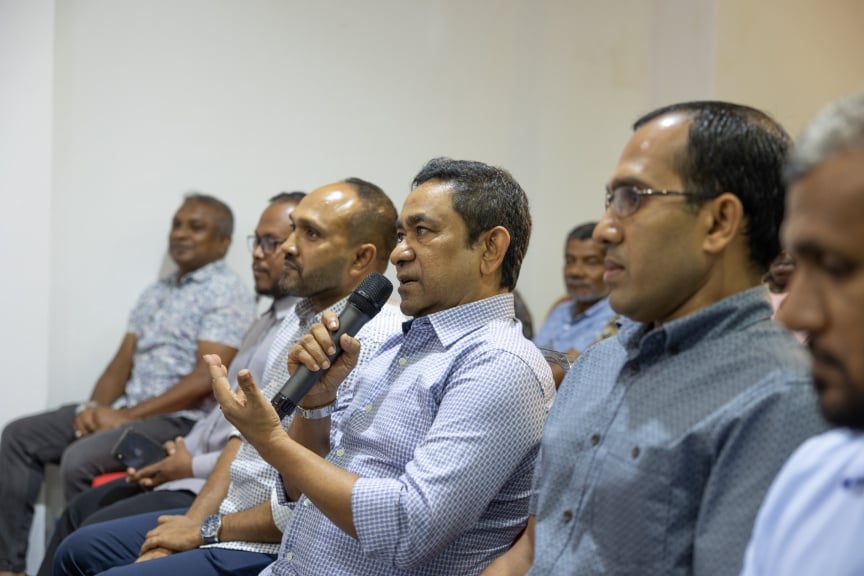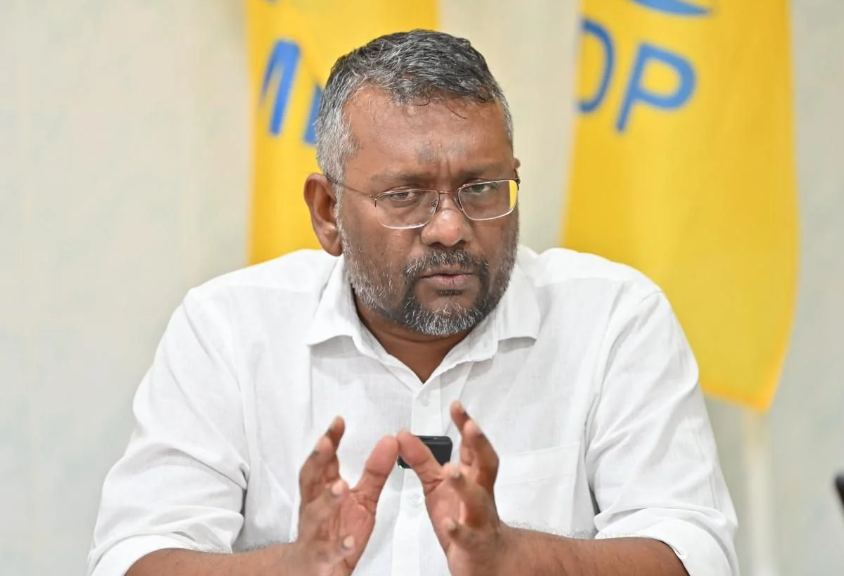Pope Francis, the first pontiff from the Global South and a transformative voice in the modern Catholic Church, died Monday at the age of 88, a day after delivering his final Easter address from the balcony of St. Peter’s Basilica.
Known for his humility, Francis preferred to be called “Father” and wore a simple white cassock. His papacy was marked by groundbreaking outreach to the poor, the marginalized, and other faith communities — especially in the Muslim world. He famously washed the feet of migrants and championed peace and human dignity in war-torn regions.
Born Jorge Mario Bergoglio in Buenos Aires, Francis was elected pope on March 13, 2013, following the resignation of Benedict XVI. His decade-long leadership saw a shift toward openness, compassion, and reform in a Church grappling with abuse scandals and internal divisions.
Despite years of declining health, including two battles with pneumonia in 2025, Francis remained vocal on global issues until the very end. In his final message, he called for a ceasefire in Gaza and humanitarian access, reinforcing his lifelong commitment to peace.
He made history as the first pope to visit the Arabian Gulf, fostered dialogue with Muslim leaders, and supported the rights of refugees and the poor. In 2019, he and Al-Azhar’s Sheikh Ahmed El-Tayeb signed the landmark “Document on Human Fraternity” in the UAE.
Tributes have poured in from around the world. Arab and Muslim leaders praised his compassion, humility, and support for interfaith understanding. Lebanese, Palestinian, and Syrian communities mourned him as a true ally and advocate for justice.
Francis’ death marks the end of a papacy defined by courage, tenderness, and a tireless pursuit of unity in a fractured world.
Known for his humility, Francis preferred to be called “Father” and wore a simple white cassock. His papacy was marked by groundbreaking outreach to the poor, the marginalized, and other faith communities — especially in the Muslim world. He famously washed the feet of migrants and championed peace and human dignity in war-torn regions.
Born Jorge Mario Bergoglio in Buenos Aires, Francis was elected pope on March 13, 2013, following the resignation of Benedict XVI. His decade-long leadership saw a shift toward openness, compassion, and reform in a Church grappling with abuse scandals and internal divisions.
Despite years of declining health, including two battles with pneumonia in 2025, Francis remained vocal on global issues until the very end. In his final message, he called for a ceasefire in Gaza and humanitarian access, reinforcing his lifelong commitment to peace.
He made history as the first pope to visit the Arabian Gulf, fostered dialogue with Muslim leaders, and supported the rights of refugees and the poor. In 2019, he and Al-Azhar’s Sheikh Ahmed El-Tayeb signed the landmark “Document on Human Fraternity” in the UAE.
Tributes have poured in from around the world. Arab and Muslim leaders praised his compassion, humility, and support for interfaith understanding. Lebanese, Palestinian, and Syrian communities mourned him as a true ally and advocate for justice.
ہم ویٹی کن اسٹیٹ اور پوری کیتھولک برادری سے پوپ فرانسس کے انتقال پر دلی تعزیت کا اظہار کرتے ہیں۔
— Mohammed Al-Issa محمد العيسى (@MhmdAlissa) April 21, 2025
مرحوم کے ساتھ ہماری دوستی کا ایک خوشگوار اور نتیجہ خیز باب رہا، جس نے رابطہ اور ویٹی کن کے مابین مشترکہ اہداف کے لئے تعاون کو فروغ دیا۔ ہم مرحوم کی حکمت، عدل پر مبنی مؤقف اور اُن کی…
Francis’ death marks the end of a papacy defined by courage, tenderness, and a tireless pursuit of unity in a fractured world.





